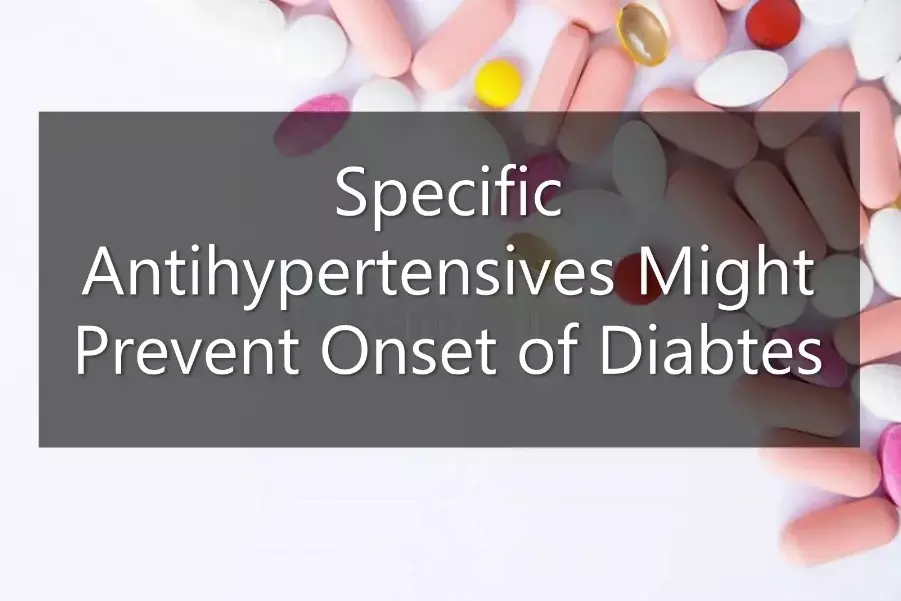- Home
- Medical news & Guidelines
- Anesthesiology
- Cardiology and CTVS
- Critical Care
- Dentistry
- Dermatology
- Diabetes and Endocrinology
- ENT
- Gastroenterology
- Medicine
- Nephrology
- Neurology
- Obstretics-Gynaecology
- Oncology
- Ophthalmology
- Orthopaedics
- Pediatrics-Neonatology
- Psychiatry
- Pulmonology
- Radiology
- Surgery
- Urology
- Laboratory Medicine
- Diet
- Nursing
- Paramedical
- Physiotherapy
- Health news
- Fact Check
- Bone Health Fact Check
- Brain Health Fact Check
- Cancer Related Fact Check
- Child Care Fact Check
- Dental and oral health fact check
- Diabetes and metabolic health fact check
- Diet and Nutrition Fact Check
- Eye and ENT Care Fact Check
- Fitness fact check
- Gut health fact check
- Heart health fact check
- Kidney health fact check
- Medical education fact check
- Men's health fact check
- Respiratory fact check
- Skin and hair care fact check
- Vaccine and Immunization fact check
- Women's health fact check
- AYUSH
- State News
- Andaman and Nicobar Islands
- Andhra Pradesh
- Arunachal Pradesh
- Assam
- Bihar
- Chandigarh
- Chattisgarh
- Dadra and Nagar Haveli
- Daman and Diu
- Delhi
- Goa
- Gujarat
- Haryana
- Himachal Pradesh
- Jammu & Kashmir
- Jharkhand
- Karnataka
- Kerala
- Ladakh
- Lakshadweep
- Madhya Pradesh
- Maharashtra
- Manipur
- Meghalaya
- Mizoram
- Nagaland
- Odisha
- Puducherry
- Punjab
- Rajasthan
- Sikkim
- Tamil Nadu
- Telangana
- Tripura
- Uttar Pradesh
- Uttrakhand
- West Bengal
- Medical Education
- Industry
Specific Antihypertensives Might Prevent Onset Of Diabetes: LANCET

Diabetes affects about 9% of the adult population worldwide, with a rising prevalence in many regions. In a recent study, researchers of the University of Bristol reported that blood pressure lowering is an effective strategy for the prevention of new-onset type 2 diabetes. They also reported that specific blood pressure-lowering medications reduce the onset risk of diabetes. The study findings were published in the journal The Lancet on November 13, 2021.
Blood pressure-lowering is an established strategy for preventing microvascular and macrovascular complications of diabetes. However, its role in the prevention of diabetes itself is unclear. Therefore, Prof Kazem Rahimi, FRCP and his team conducted a study to examine this question using individual participant data from major randomised controlled trials.
They conducted a one-stage individual participant data meta-analysis, in which data were pooled to investigate the effect of blood pressure-lowering on the risk of new-onset type 2 diabetes. They used individual participant data network meta-analysis to investigate the differential effects of five major classes of antihypertensive drugs on the risk of new-onset type 2 diabetes. They included a total of 19 randomised controlled trials in the one-stage individual participant data meta-analysis and 22 trials in the individual participant data network meta-analysis. The trials included were primary and secondary prevention trials that used a specific class or classes of antihypertensive drugs versus placebo or other classes of blood pressure-lowering medications that had at least 1000 persons-years of follow-up in each randomly allocated arm. They used stratified Cox proportional hazards model and logistic regression models to calculate the relative risk (RR) for drug class comparisons.
Key Findings of the Study Were:
- Upon median follow-up of 4·5 years (IQR 2·0), they found new-onset type 2 diabetes in 9883 participants.
- They also found that systolic blood pressure reduction by 5 mm Hg reduced the risk of type 2 diabetes across all trials by 11% (hazard ratio 0·89).
- They noted angiotensin-converting enzyme inhibitors (RR 0·84)and angiotensin II receptor blockers (RR 0·84) reduced the risk of new-onset type 2 diabetes.
- However, they observed that the use of β blockers (RR 1·48) and thiazide diuretics (RR 1·20) increased this risk, and they found no material effect for calcium channel blockers (RR 1·02).
The authors concluded, "Blood pressure lowering is an effective strategy for the prevention of new-onset type 2 diabetes. Established pharmacological interventions, however, have qualitatively and quantitively different effects on diabetes, likely due to their differing off-target effects, with angiotensin-converting enzyme inhibitors and angiotensin II receptor blockers having the most favourable outcomes. "
They further added, "This evidence supports the indication for selected classes of antihypertensive drugs for the prevention of diabetes, which could further refine the selection of drug choice according to an individual's clinical risk of diabetes."
For further information:
Medical Dialogues Bureau consists of a team of passionate medical/scientific writers, led by doctors and healthcare researchers. Our team efforts to bring you updated and timely news about the important happenings of the medical and healthcare sector. Our editorial team can be reached at editorial@medicaldialogues.in.
Dr Kamal Kant Kohli-MBBS, DTCD- a chest specialist with more than 30 years of practice and a flair for writing clinical articles, Dr Kamal Kant Kohli joined Medical Dialogues as a Chief Editor of Medical News. Besides writing articles, as an editor, he proofreads and verifies all the medical content published on Medical Dialogues including those coming from journals, studies,medical conferences,guidelines etc. Email: drkohli@medicaldialogues.in. Contact no. 011-43720751


